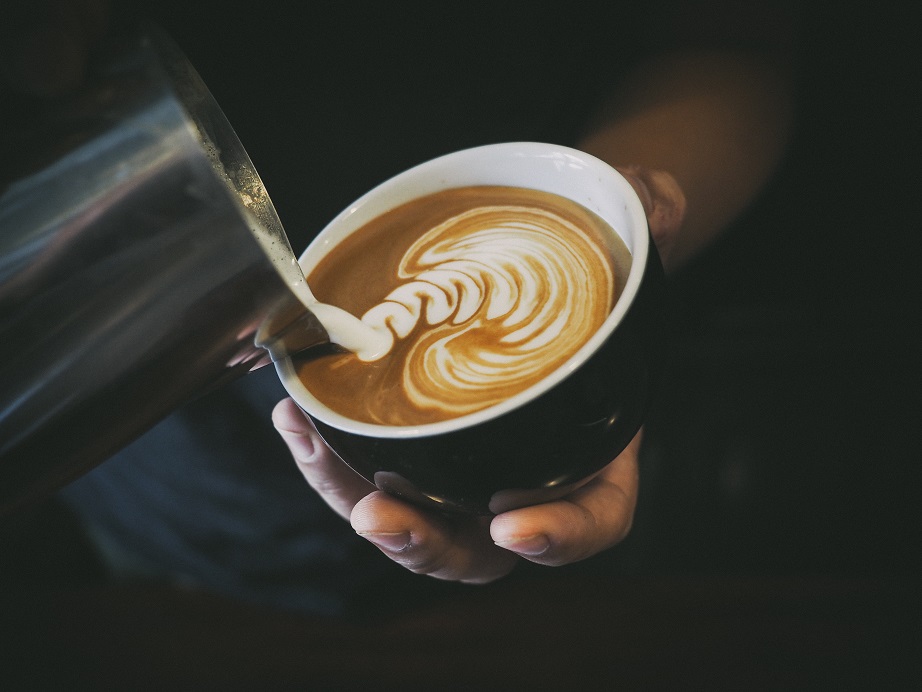How to Make a Melbourne Coffee

Did you know Melburnians visit cafes more than any other Australians? Coffee has been a Melbourne staple since the 1830s, when coffee houses and palaces gained popularity. However, Melbourne’s now world-famous coffee can be traced back to the 1950s, when an influx of Italian migrants introduced espresso machines to the city.
Melbourne’s café culture has flourished since this time, continuing to take direct inspiration from Italian espresso bar culture. This influence is so strong that major international coffee chains have struggled to gain a foothold in the city, with Starbucks closing 17 of its 22 Melbourne stores in 2008.
Making a Melbourne Coffee
The popularity of Melbourne cafes means the ability to make the perfect coffee is an invaluable skill. This includes pouring a full body, creating a magnificent aroma and crafting a consistent and attractive presentation.
Sir Johns Bar manager, Richard Hands, says every part of the coffee-making process is important to ensuring a great coffee is produced.
“Fresh coffee, the right pour time and texturing the milk are all important,” he said.
“There’s no step that’s insignificant really.”
Building Coffee-Making Skills
There are numerous ways to improve your coffee-making skills. Richard Hands says the way people learn and make their own coffee is dependent on what type of coffee they want to make.
“[For a] black [coffee] a simple moka [pot] on the stove top is great,” he said.
Richard recommends using a coffee machine for making barista-styled coffee, but with a note of caution on costs.
“For milky coffees, machines can get very expensive very quickly,” he said.
An alternative to learning with a coffee machine at home is to undertake the Barista Essential course at Sir Johns Bar at Monash University.
The MSA Training and Professional Development course is a four-hour session held at the bar, where students can learn the correct techniques for making cappuccinos, lattes, macchiatos and other coffee styles. Students can also learn other barista skills including espresso machine and commercial coffee grinder maintenance. The course is particularly suitable for those looking to work as a barista.
Richard Hands says the course is ideal for anyone seeking to make a great coffee, regardless of the style.
“[Students learn to] make and pour good coffees no what machine they are using,” he said.
MSA Training and Professional Development also offers courses for RSA, food safety, professional waiting skills, and bartending and cocktails.
Alternatively, all these courses can be completed together in a six-day intensive hospitality bundle, fully preparing you for work in the hospitality industry.